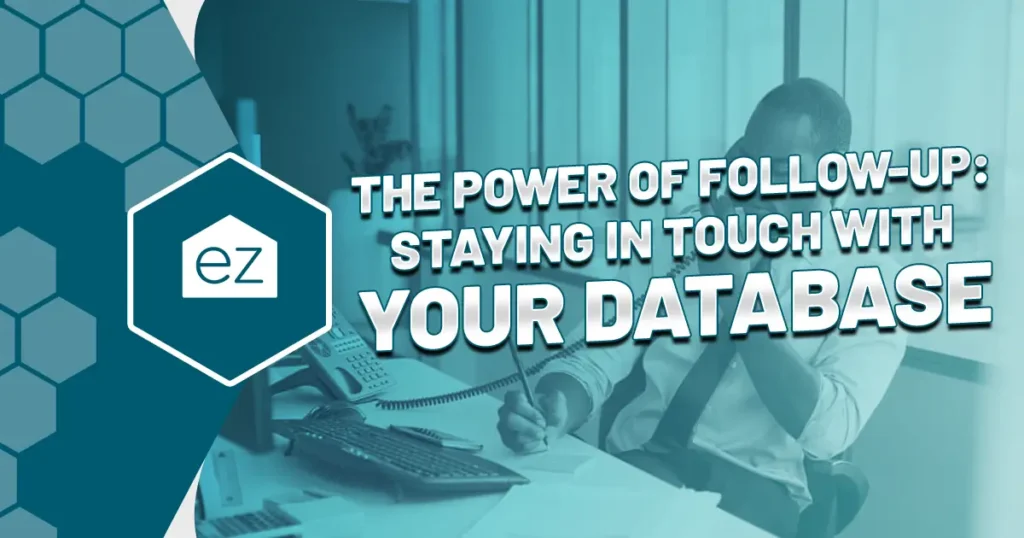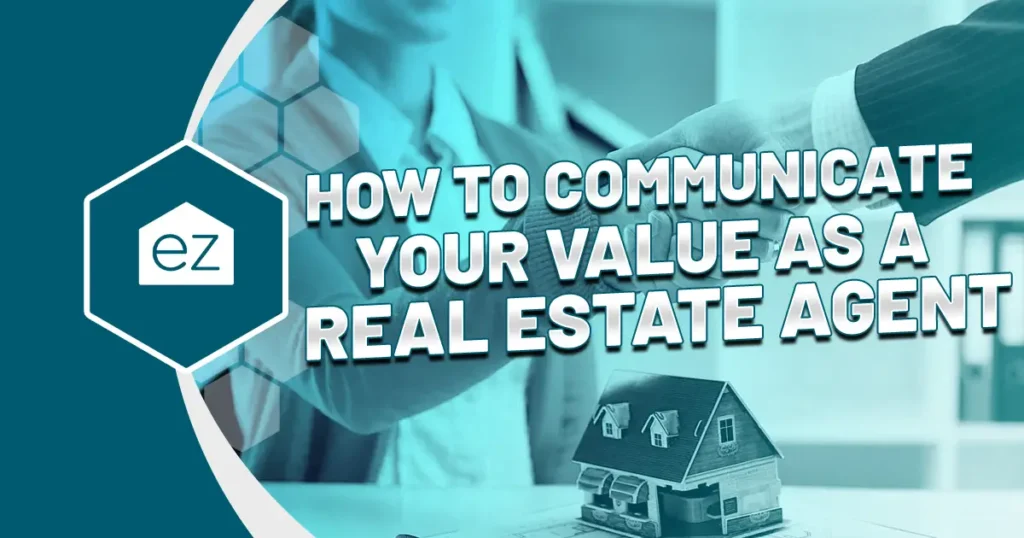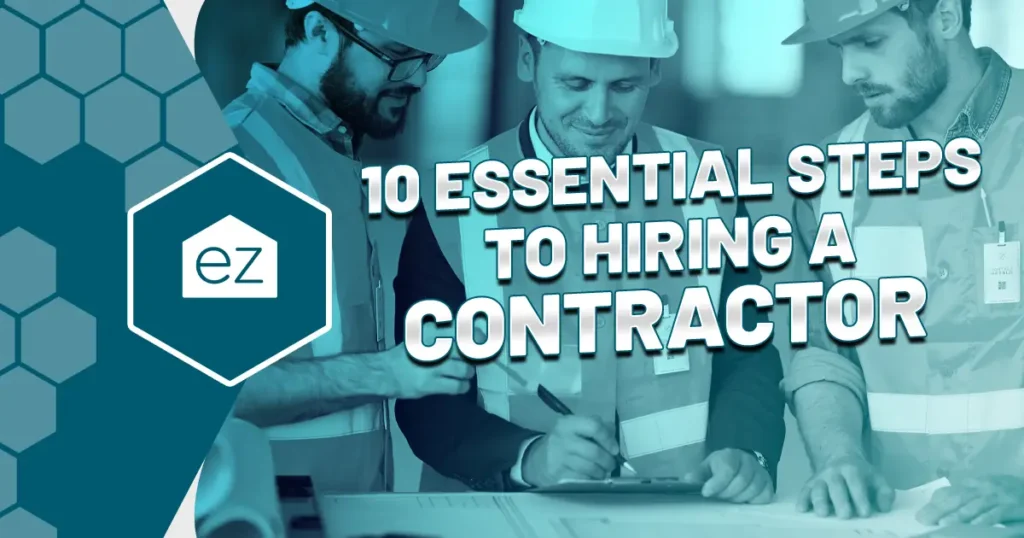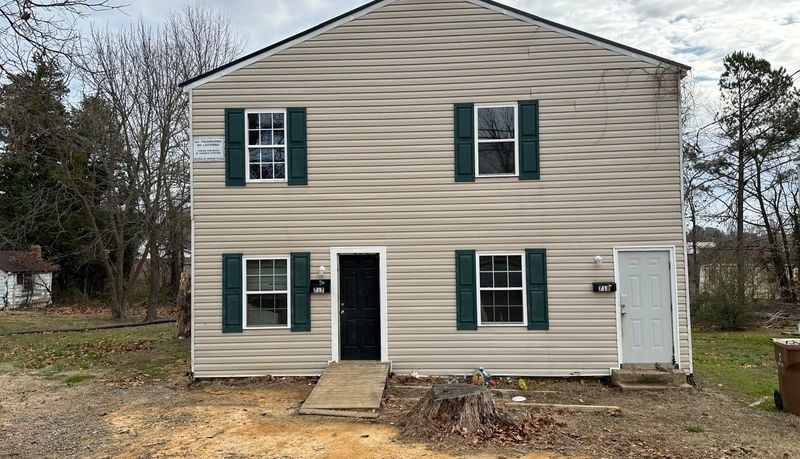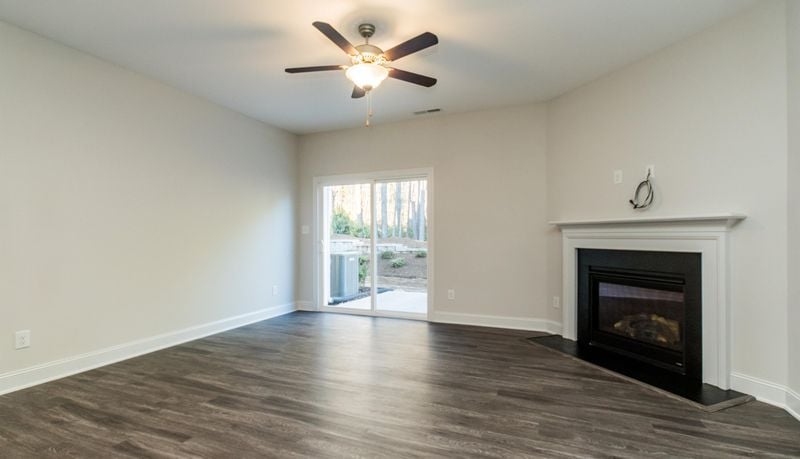Steps to Becoming a Real Estate Agent in Virginia
Becoming a real estate agent in Virginia can open up a world of possibilities. Not only do you have the chance to help individuals and families find their dream homes, but you also get to see Virginia’s beautiful and diverse landscapes firsthand. Plus, you gain the potential for a lucrative income and the flexibility to manage your schedule. As they say, you control your potential as a real estate agent. This career path truly offers a unique blend of benefits that many careers simply can’t match.
Are you “sold” and ready to earn your Virginia real estate? Here are all the steps in the Virginia real estate licensing process.
The Qualifications
Applicants must meet some basic requirements to start the Virginia real estate licensing process. First, you must be at least 18 years old. This requirement ensures that you are legally eligible to enter into binding contracts, a crucial aspect of the real estate business. Secondly, you must have a high school diploma or an equivalent of a general education (GED).
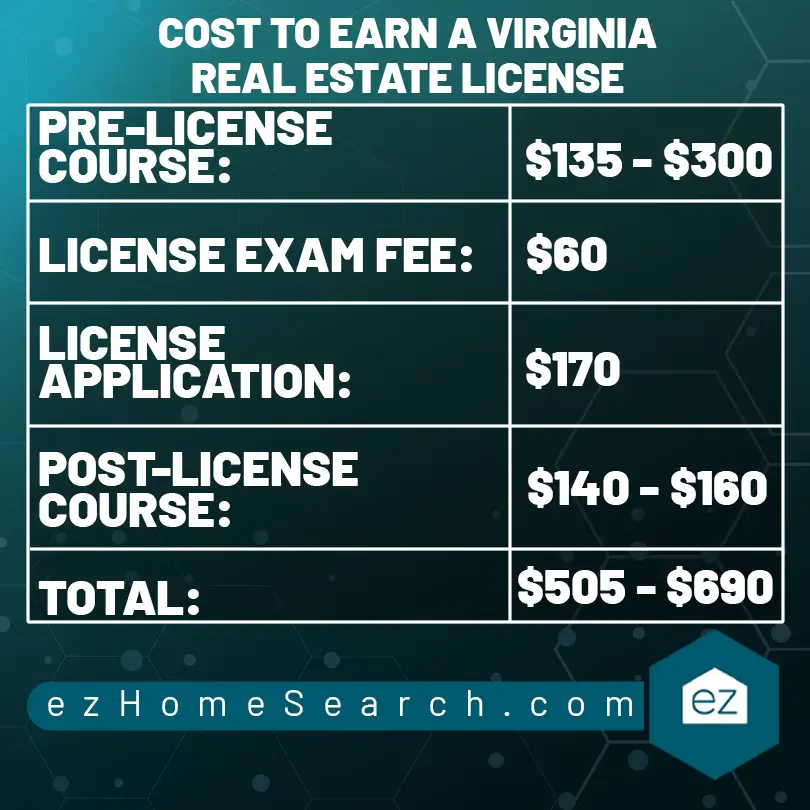
Pre-License Education
All prospective salespersons and brokers are required to take pre-license education. In Virginia, this entails completing a 60-hour Principles of Real Estate course from an approved provider. The course provides a comprehensive introduction to the real estate field. This course can be taken in person or online. Upon successful completion, you receive a certificate. Keep it in a safe place; you’ll need to submit it as part of your license application.
Even if you hold a license in another state, the Virginia Real Estate Board still requires you take this 60-hour class.
Licensing Exam
After completing the pre-license education, the next step in the Virginia real estate licensing process is passing the licensing exam.
This exam is divided into two sections: a national portion and a state-specific portion. The national portion of the exam covers general real estate practices and principles applicable across the United States, while the Virginia-specific portion focuses on the real estate laws, regulations, and practices unique to the state. Both sections must be successfully passed to earn a Virginia real estate license.
PSI administers the licensing exam and publishes a candidate brochure with detailed testing information, including some sample questions. The exam fee is $60 each time you take the test. A passing score is valid for one year; you’ll need to retake the test if you do not receive your license within that year.
You’ll receive an official results report right at the test center for your records. Passing scores are sent directly to the Virginia Department of Professional and Occupational Regulation (DPOR).
Fingerprinting
All candidates must undergo a fingerprinting and background check as part of the Virginia real estate licensing process. This ensures that future real estate agents maintain the ethics and integrity expected in the profession. Applicants have two options for fingerprinting: at a Virginia-based PSI examination center during regular testing hours or through Fieldprint, an FBI-approved channeling agency.
If you use Fieldprint, visit their website to schedule an appointment for fingerprinting. Use the Virginia DPOR-specific code “FPDPORRES.”
The fingerprinting fee through PSI costs $52 and must be paid by Visa, Mastercard, Money Order, or Cashier’s Check. The test centers listed here have fingerprinting as an option.
The results will be sent directly to the DPOR. Once cleared, you can proceed to the next step of your licensing application. Be aware that the background check fee is separate from your licensing fee.
Very important: your background check results are only valid for 45 days. Be ready to submit a full real estate license application within that window. The DPOR typically receives results within one to three days.
If you fail to meet the 45-day application window, your application will be considered incomplete. You will need to start the background check–and possibly the testing process–again.
Submitting the License Application
The final step of the Virginia real estate licensing process is submitting your application. Salesperson applicants do not have an online application option as of 2024. You must go to the Virginia DPOR’s website and download the salesperson application forms. Factor in the completion and postal time with your 45-day background check window.
To go straight to an active Virginia real estate license, you’ll need a sponsoring broker to complete and sign a section of the application.
Additional documentation to submit for a complete application includes:
- Original Certification of Licensures of Good Standing (for reciprocity applicants)
- Certificate of Completion from the Pre-Licensure Course
- Disciplinary Reporting Form
The application fee is $170. It’s okay to apply for an inactive license. Searching for the right real estate brokerage is an important decision that shouldn’t be rushed. Just be aware that the license activation fee will be $60, which will be an additional cost to your license fee.
Once you have submitted your application, it can take 15-20 days for the DPOR licensing specialists to verify the application and issue the license. Once issued, it appears the following business day on the License Lookup database. A paper version of the license is sent through the US Mail. The DPOR will not provide process updates.
Keep Your License Current
After you earn your Virginia real estate license, it is valid for two years. To maintain your active status, you’ll need to renew it annually by the end of the month in which it was first issued. So, if you received your license on May 15, you’ll have until May 31 in your renewal year to submit your renewal application.
As part of the process, Virginia’s Real Estate Board requires all new salespersons to take 30 hours of post-licensing education within the first year of license activation. The program breakdown is as follows:
- Fair Housing, ADA, and Civil Rights (2 hours)
- Real Estate Law and Regulations (6 hours)
- Ethics and Standards of Conduct (3 hours)
- Current Industry Issues and Trends (2 hours)
- Agency Law (3 hours)
- Contract Writing (6 hours)
- Risk Management (3 hours)
- Escrow Requirements (3 hours)
- Real Estate-Related Finance (2 hours)
The post-licensure course may be taken from the approved vendor of your choice.
After your first licensure renewal, you’re considered an experienced real estate salesperson. Now, your requirements shift to 16 hours of continuing education from a list of approved courses. Eight of those hours must be as follows:
- Ethics & Standards of Conduct (3 hours)
- Fair Housing (2 hours)
- Legal Updates and Emerging Trends (1 hour)
- Real Estate Agency (1 hour)
- Real Estate Contracts (1 hour)
The remaining eight hours are for real estate elective courses.
To ensure timely renewal, mark your calendar with a reminder 60 days before its expiration and submit a completed renewal application with payment online. The late fee if you renew within the 30 days after your license expires is $300. Remember, you can only practice with an active real estate license. You worked hard to earn it; do not let it expire!
Your Virginia Real Estate Career
In addition to completing the licensing process and becoming a licensed real estate agent in Virginia, keep working to further your career in the field. There are many opportunities for growth and development as a real estate professional.
Network with other agents and brokers to learn from their experiences and build industry relationships. Join real estate professional organizations to further your network. Learn about trends; keep reading the latest news so you know about rule changes and how they impact your work. Find a great mentor and get valuable insight from those who have been in your shoes before.
Additional Resources
Start Your Home Search
Preston Guyton
Share this Post
Related Articles
Real Estate Tips
The Power of Follow-Up: Staying in Touch With Your Database
Real Estate Tips
How to Communicate Your Value As A Real Estate Agent
Real Estate Tips
10 Essential Steps to Hiring a Contractor
Real Estate Tips
